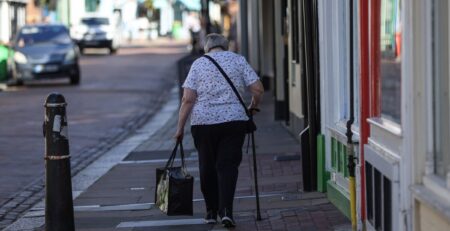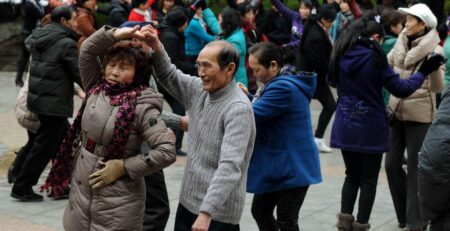COVID-19 shows super is failing older Australians
An inter-generational war began last week when retiree groups floated the idea of a universal pension. By scrapping the means test, anyone aged over 66 could then receive $472 per week, regardless of their assets.
Millennials were appalled that boomers could want more. Sell your property or cash in your stocks, they said in droves. The economic fallout from COVID-19 has hit everyone, retirees included.
Dividend cuts, equity losses, fruitless term deposits and slowing rental yields have meant income has all but dried up. One solution might be unlocking home equity.
The phone has been ringing off the hook at reverse mortgage specialist Household Capital. Its online calculator shows a 65-year-old with a $1 million home in Melbourne or Sydney could be eligible for a loan of up to $200,000.
House prices look likely to take a beating in the wake of the pandemic and homeowners want to set themselves up before it’s too late. “The COVID crisis has highlighted a much bigger issue that the age pension and super are not enough to retire on,” says Household Capital chief executive Josh Funder.
“Home equity has a big role to play.” While cashing in on the home might be attractive for some, increasingly, older Australians are renting and those who do have property might need the capital to pay for a deposit for aged care in the future. Retirees are also living longer and many are slipping through the cracks.
The number of people aged over 50 and looking for work is rising. Older Australians are the fastest-growing cohort on Newstart payments. Women aged 65 to 75 are also the fastest-growing cohort becoming homeless.
Read more @The Sidney Morning Herald











